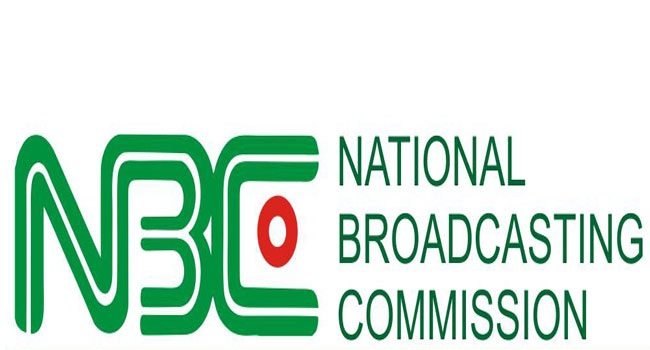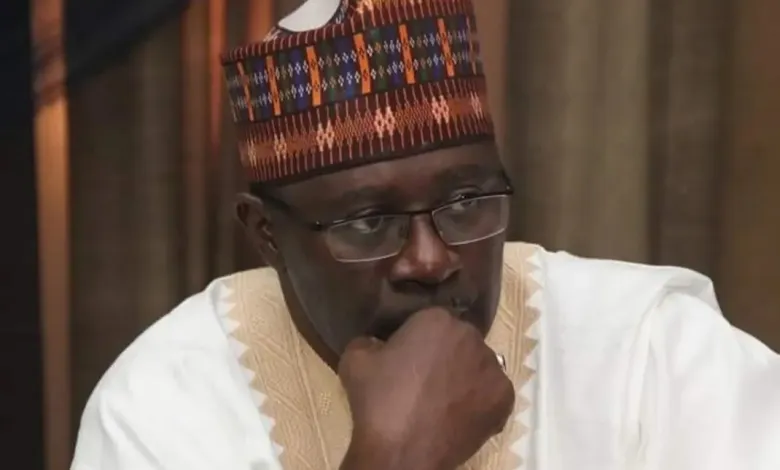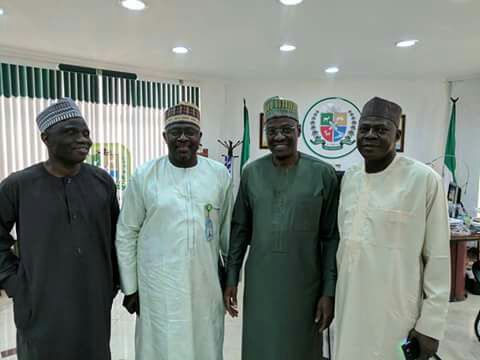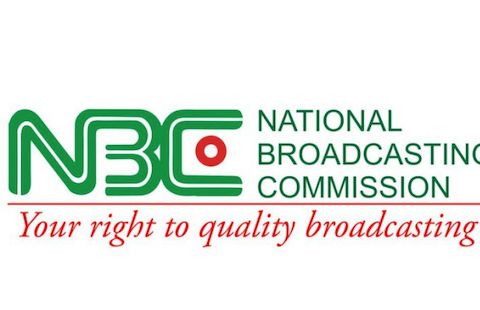Early this week, DAILY TRUST reported that Emeka Mba, the Director General of the National Broadcasting Commission (NBC) finally owned up that it was doubtful, that Nigeria was going to effect the digital broadcasting switch over, scheduled for June 17, 2015. Emeka Mba blamed that anticipated failure to funding, as setop boxes that are critical for the switchover are not yet available. The manufacturers of these devices, according to him, needed incentive from government in order to be able to commence production and that has not been forthcoming.
NBC was not financially able to offer such a support. Another reason that has been canvassed for the coming digital broadcasting failure, was the new political reality in the country; a euphemism for the defeat of President Goodluck Jonathan by the President-elect, General Muhammadu Buhari.
It was clear to every discerning observer of the Nigerian broadcasting scene that the NBC leadership, under Emeka Mba, had been on an elaborate journey to nowhere, as far as the digital broadcasting switchover was concerned. Stripped of subterfuge, Nigeria was being taken on a wild geese chase and there was not much, if ever there was anything in the first place, in terms of a patriotic process to lead us to the digital broadcasting Eldorado. Yet, what the NBC had told stakeholders and Nigerians at large, was that it had prepared the switchover to take place on March 24th, 2015, from Jos in Plateau state.
That was expected to be the pilot phase that would kick-start the national switchover. The NBC’s charade becomes clearer, only when one realises that Nigeria has only two licensed digital signal carriers, and none of the two was actually part of the NBC hoax that was allegedly set up to have taken place in Jos. So who was expected to provide the signal that NBC was to launch for distribution in Jos was therefore unknown, while there were similarly no transmitters that would have digitally covered Plateau state. There is no network coverage map for Nigeria or a network design that stakeholders in broadcasting knew about.
A major technical problem that would have arisen, had there been any so-called digital switchover in Jos, was the blackout of existing analogue broadcasts in Plateau and neighbouring states, since digital broadcasting is not compatible with analogue transmission. There would have been a major panic as people would have literally been plunged into a broadcasting blackhole they have not been prepared for. In a related sense, majority of television sets in Nigeria do not have digital tuners and they would have needed setop boxes (STBs), before any public viewing of television in a digital environment. While NBC has licensed STB manufacturers, none has commenced manufacture or importation of those boxes.
So there was no way, that viewers in Jos and Plateau state would have watched digital telecasts. NBC also said that there will be a digital access fee that must be paid by subscribers, before they can even view free-to-air channels, yet, there are no subscriber management services or conditional access service providers in Nigeria. So with this scenario, and many more that we can cite, there was no way under the sun, that NBC could have achieved a digital switchover as it allegedly set out to do in Jos at the end of last month. It was an elaborate charade.
In truth, NBC is in dispute with one of the two licensed digital services providers in Nigeria, Pinnacle Communications Limited. There is already a case in court, so the issue is sub judice, as lawyers say. However, there is a disturbing pattern of behaviour on the part of the NBC, and especially its DG, Emeka Mba, which worries observers and those interested in the digital switchover. And that is a consistent pattern of favouring foreign media companies, to the detriment of Nigerian companies in this business of digital switchover. And the company that is being favoured is the South African owned MULTICHOICE and GoTv.
These foreign bodies are to be allowed by NBC to independently carry and distribute their own signals. Yet it was only ITS and Pinnacle Communications that NBC officially licensed for the digital process in an open and competitive bid. When we recall that Emeka Mba was an employee of the South African company, MULTICHOICE, it becomes very disturbing indeed. And it was the same NBC, that looked the other way, when some of the most indefensible assaults were launched by television stations like AIT, on the basic canons of professionalism during the campaigns leading to the last presidential elections.
The incoming government of President Muhammadu Buhari will have a full plate of issues to deal with. But it will realise early into the administration, that it must pull Nigeria’s digital broadcasting switchover from the black hole it has been plunged into, by the actions and inactions of the NBC, under Emeka Mba’s leadership.





